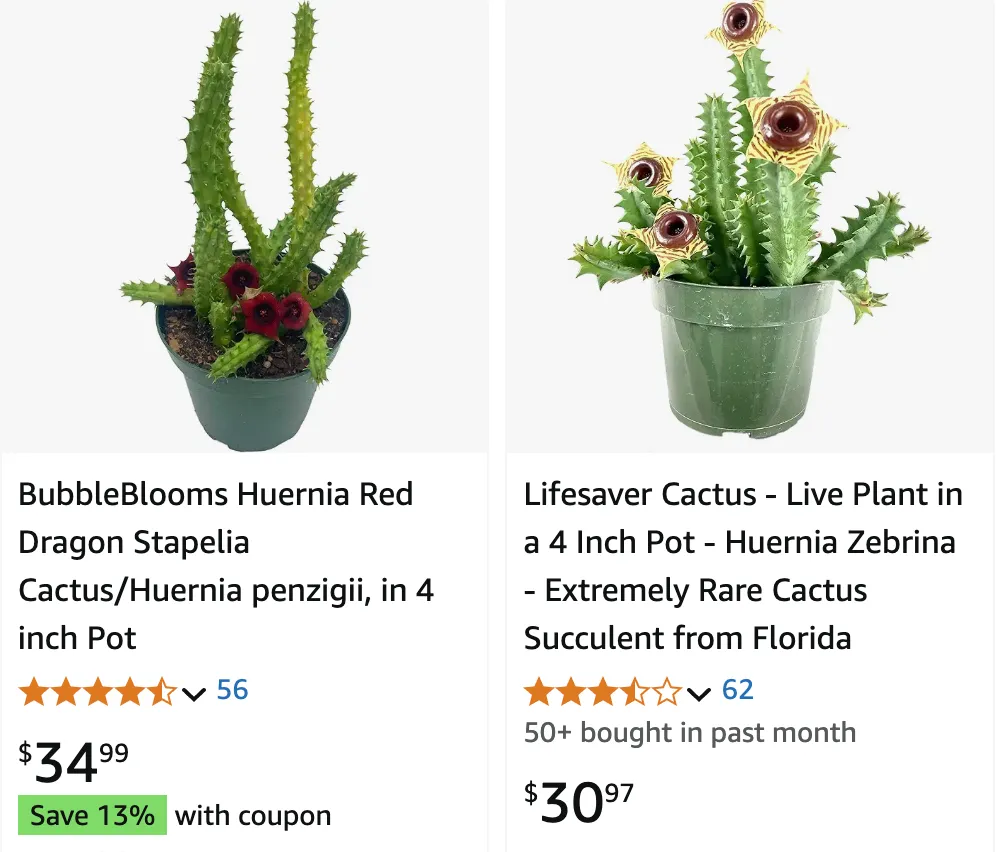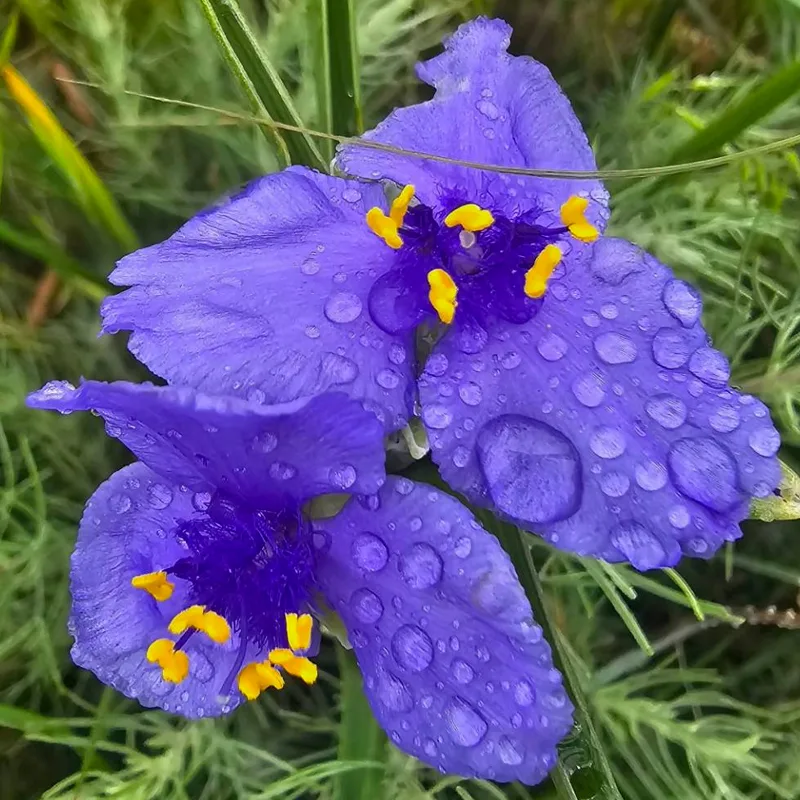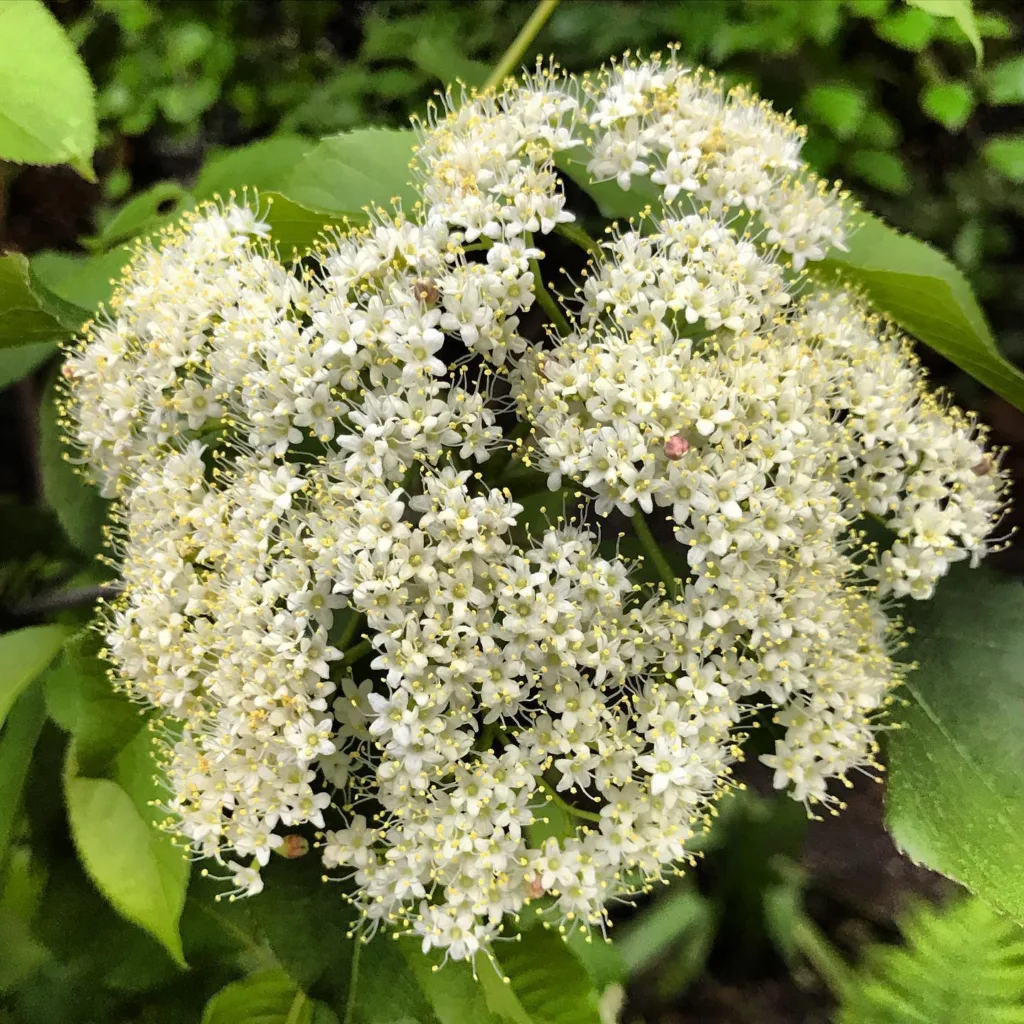
July 4 – Huernia
"Huernia, the lifesaver flower, represents July 4."
Huernia symbolizes uniqueness and perseverance. You thrive in the face of adversity, surprising others with your strength. Like its extraordinary blooms, you are both rare and captivating.
My Fascination with Huernia
The world of succulents is vast and captivating, but there’s one genus that has truly captured my heart: Huernia. These peculiar plants belong to the Apocynaceae family, with their fleshy stems and bizarrely beautiful flowers, have become a source of endless fascination for me, Ferb Vu. Native to the arid regions of Eastern and Southern Africa and Arabia, Huernia are perfectly adapted to survive in harsh conditions. Their unusual forms and striking blooms have secured them a special place in my collection, and I’m eager to share my passion for these intriguing succulents.
The Allure of the Unusual
What draws me to Huernia is their undeniable strangeness. Unlike the conventional beauty of roses or lilies, Huernia possess a unique, almost alien charm. Their thick, angular stems, often adorned with teeth or tubercles, give them a sculptural quality. But it’s the flowers that truly steal the show. These fleshy, five-lobed blooms come in a bewildering array of colors and patterns, often featuring intricate textures and bizarre appendages. Some resemble starfish, others like miniature sea creatures, and some even mimic decaying flesh, attracting flies with their putrid scent. This macabre beauty is precisely what makes Huernia so captivating.
A Diverse and Intriguing Genus
The diversity within the Huernia genus is astounding. With over 70 recognized species, there’s a Huernia to suit every taste:
- Huernia anagaynensis Plowes
- Huernia andreaeana (Rauh) L.C.Leach
- Huernia archeri L.C.Leach
- Huernia asirensis Plowes
- Huernia aspera N.E.Br.
- Huernia baradii Plowes
- Huernia barbata (Masson) Haw.
- Huernia blyderiverensis (L.C.Leach) Bruyns
- Huernia boleana M.G.Gilbert
- Huernia calosticta Bruyns
- Huernia collenetteae Plowes
- Huernia concinna N.E.Br.
- Huernia delicata Plowes
- Huernia × distincta N.E.Br.
- Huernia engleri A.Terracc.
- Huernia erectiloba L.C.Leach & Lavranos
- Huernia erinacea P.R.O.Bally
- Huernia foetida Plowes
- Huernia formosa L.C.Leach
- Huernia guttata (Masson) Haw.
- Huernia hadhramautica Lavranos
- Huernia hallii E.Lamb & B.M.Lamb
- Huernia hislopii Turrill
- Huernia humilis (Masson) Haw.
- Huernia humpatana Bruyns
- Huernia hystrix (Hook.f.) N.E.Br.
- Huernia keniensis R.E.Fr.
- Huernia kennedyana Lavranos
- Huernia khalidbinsultanii Plowes & T.A.McCoy
- Huernia kirkii N.E.Br.
- Huernia laevis J.R.I.Wood
- Huernia lavranii L.C.Leach
- Huernia leachii Lavranos
- Huernia lenewtonii Plowes
- Huernia levyi Oberm.
- Huernia lodarensis Lavranos
- Huernia loeseneriana Schltr.
- Huernia longii Pillans
- Huernia longituba N.E.Br.
- Huernia lopanthera Bruyns
- Huernia macrocarpa (A.Rich.) Schweinf. ex K.Schum. Plant FAQs: Huernia Macrocarpa
- Huernia marnieriana Lavranos
- Huernia mccoyi Plowes
- Huernia namaquensis Pillans
- Huernia nigeriana Lavranos
- Huernia nouhuysii I.Verd.
- Huernia occulta L.C.Leach & Plowes
- Huernia oculata Hook.f.
- Huernia pendula E.A.Bruce
- Huernia piersii N.E.Br.
- Huernia pillansii N.E.Br.
- Huernia plowesii L.C.Leach Plant FAQs: Huernia Plowesii
- Huernia praestans N.E.Br.
- Huernia procumbens (R.A.Dyer) L.C.Leach
- Huernia pulchra Orlando & El Azzouni
- Huernia quinta (E.Phillips) A.C.White & B.Sloane
- Huernia radhwana Plowes
- Huernia recondita M.G.Gilbert
- Huernia reticulata (Masson) Haw.
- Huernia rosea L.E.Newton & Lavranos
- Huernia rubra Plowes
- Huernia rubrosticta Plowes
- Huernia saudi-arabica D.V.Field
- Huernia schneideriana A.Berger
- Huernia similis N.E.Br.
- Huernia somalica N.E.Br.
- Huernia stapelioides Schltr.
- Huernia sudanensis Plowes
- Huernia tanganyikensis (E.A.Bruce & P.R.O.Bally) L.C.Leach
- Huernia thuretii J.F.Cels
- Huernia transvaalensis Stent
- Huernia urceolata L.C.Leach
- Huernia verekeri Stent
- Huernia volkartii Werderm. & Peitscher
- Huernia whitesloaneana Nel
- Huernia witzenbergensis C.A.Lückh.
- Huernia yemenensis Plowes
- Huernia zebrina N.E.Br. Plant FAQs: Huernia Zebrina
Cultivating these Curious Plants
While their appearance might suggest otherwise, Huernia are surprisingly easy to care for. As succulents, they thrive in well-draining soil and require minimal watering. A sunny spot with some afternoon shade is ideal, and they can tolerate a wide range of temperatures. Propagation is also relatively simple, typically done through stem cuttings. With a little patience and attention, anyone can successfully grow these fascinating plants.
More Than Just a Pretty Flower
Beyond their aesthetic appeal, Huernia hold a deeper significance for me. They represent resilience, adaptability, and the beauty of the unconventional. In a world that often favors conformity, Huernia stand out as a reminder that beauty can be found in the most unexpected places. Their ability to thrive in harsh environments serves as an inspiration, reminding me to embrace challenges and adapt to change.
A Lifelong Passion
My journey with Huernia is far from over. I’m constantly learning more about these fascinating plants, discovering new species, and refining my cultivation techniques. The more I delve into the world of Huernia, the more I appreciate their unique beauty and resilience. They have become more than just a hobby; they are a source of inspiration and a testament to the wonders of the natural world.
I encourage anyone with an interest in succulents, or even just an appreciation for the unusual, to explore the world of Huernia. You might just find yourself as captivated by these curious plants as I am.
If i die, water my plants!



